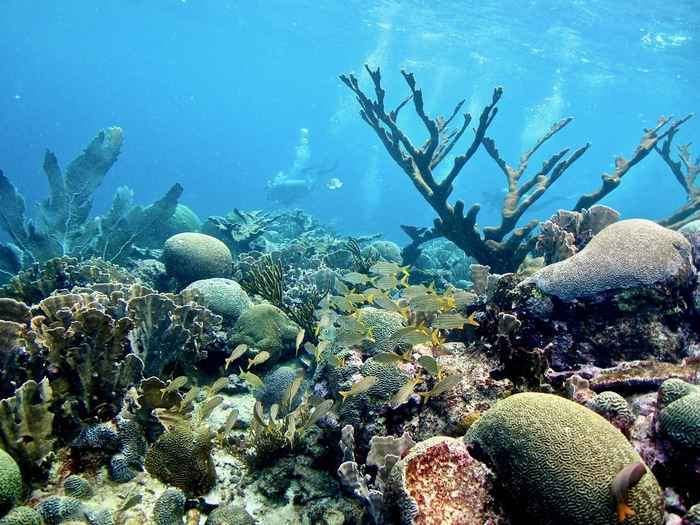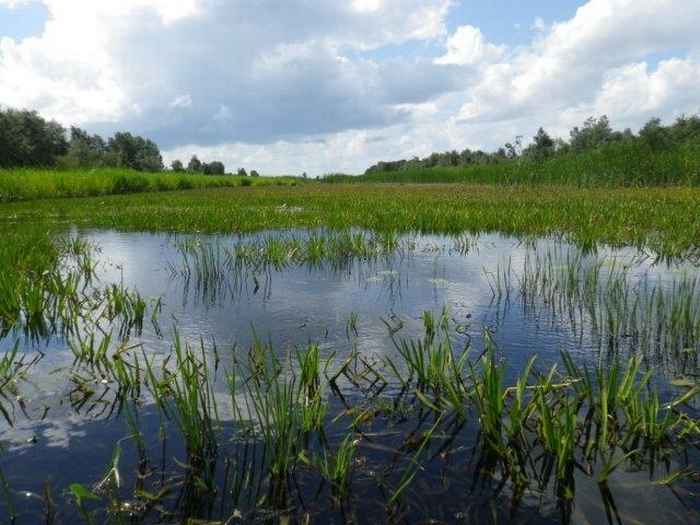Freshwater and Marine Ecology (IBED-FAME)
The department of Freshwater & Marine Ecology aims to increase our understanding of the biodiversity and dynamics of freshwater and marine ecosystems from the level of molecules and genes to entire ecosystems. Our aim is to unravel how aquatic ecosystems function in all their complexity, and how they change due to natural processes and human activities. The focus lies on the interactions between aquatic organisms and their abiotic environment, including their role in biogeochemical cycles and the temporal and spatial dynamics that emerge from these interactions.


Water covers 70% of our planet, affects our global climate, and is a source of food, minerals, energy and recreation. Aquatic ecosystems teem with organisms, ranging from tiny bacteria and plankton to corals, fish and whales. Unfortunately, aquatic ecosystems are also used as ‘dumping grounds' for much of society's waste and many of our surface waters suffer from human impacts. The department of Freshwater & Marine Ecology investigates rivers, lakes and oceans from different perspectives, with a specific interest in biological and chemical water quality and in species that play a key role in primary production and biogeochemical cycles (bacteria, phytoplankton, benthic invertebrates, pteropods, sponges, corals). Our research includes detailed molecular studies, advanced laboratory experiments, dedicated field studies and the development of new mathematical models. With a better understanding, we support the sustainable management of freshwater and marine ecosystems at local and global scales.
This research commitment is paralleled by a similar commitment in teaching: we wish to train students at all levels to follow fundamental and sound scientific approaches in order to understand the functioning of aquatic ecosystems and to solve complex water problems.